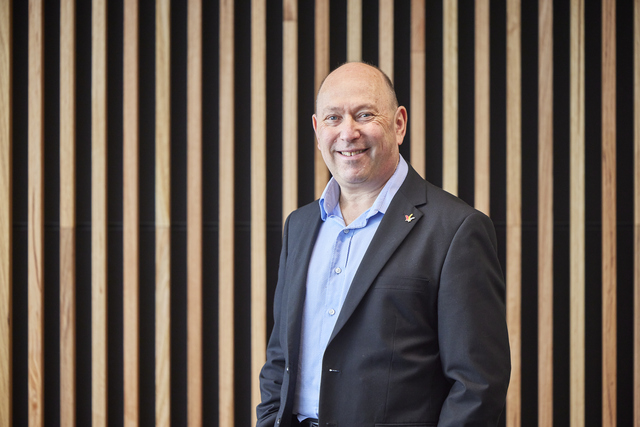A Geelong researcher is one of the Australian Mental Health Prize winners for his work in reshaping the treatment landscape of mental health.
Professor Michael Berk is the director of Deakin University’s Institute for Mental and Physical Health and Clinical Translation and won the prize’s professional category on September 23.
Professor Berk said the award was a “huge honour for the work” of his whole team and that he was proud to have many “amazing” researchers in Geelong.
“These are major health problems that affect many people and if we can come up with solutions that are useful, that’s existentially meaningful,” he said.
“Research is the ultimate team sport, and a huge number of people form part of an orchestra of players who come together to make a difference.
“It’s also a chevron pointing the way to where we want to go in the future because it’s a program of work that has the potential to deliver value for a series of unsolved clinical problems.”
Professor Berk said people had the “ability to make a difference” and that “being able to contribute something to society is a life well lived”.
“There’s raising awareness of the fact that there are problems, but you also want to raise awareness of the fact that there’s hope,” he said.
“There are treatments out there that are available for many people and many problems that can be significantly helped, and there’s hope that there’s going to be even better stuff on the way.”
Professor Berk’s team developed a platform with patient-derived stem cells to identify existing medications to treat psychiatric disorders, helping speed up the development of new treatments.
The Australian Mental Health Prize celebrates people making significant impacts on mental health within the Aboriginal or Torres Strait Islander, lived experience, professional, and community hero categories.
“The dedication of this year’s winners highlights the power of personal experience, cultural security, and scientific innovation in mental health,” prize advisory group co-chair Professor Allan Fels said.









